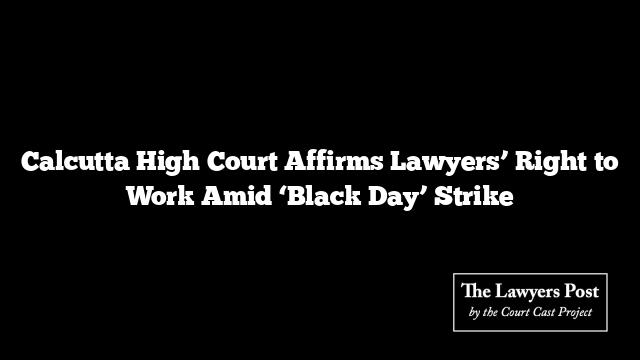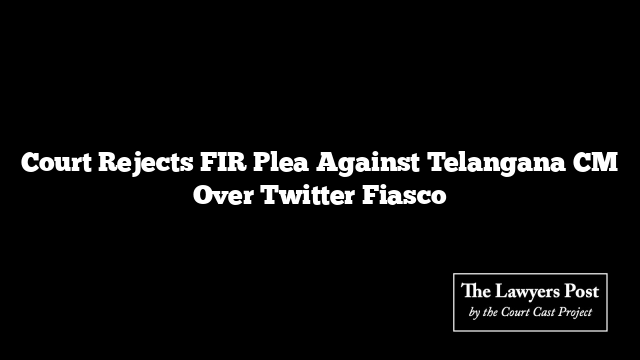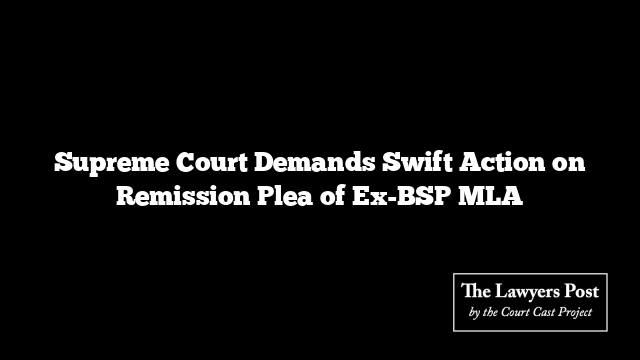In a decisive ruling, the Calcutta High Court underscored that no lawyer could be compelled to participate in the strike called by the West Bengal Bar Council to protest against three new criminal laws set to take effect on July 1. The court emphasized that the Bar Council’s decision to observe “Black Day” is merely a suggestion, not an obligation.
Justice Shampa Sarkar declared that the Bar Council’s resolution to mark July 1 as ‘Black Day’ in opposition to the Bharatiya Nyaya Sanhita (BNS), Bharatiya Nagarik Suraksha Sanhita (BNSS), and Bharatiya Sakshya Adhiniyam (BSA) should be viewed as a request. No lawyer willing to work should be forced to abstain.
Reaffirming the voluntary nature of the protest, the court highlighted that lawyers serve a crucial public function and must not be coerced into striking. The court stated, “It is a settled position of law that no one can be compelled to observe strike or cease work. Lawyers discharge public function for the litigants. Thus, this resolution of the Bar Council of West Bengal shall not be treated as a mandate on the learned advocates to abstain from work. Willing advocates are entitled to appear before the Courts all over West Bengal and Andaman & Nichobar Islands.”
These new laws are designed to replace India’s colonial-era criminal codes: the Indian Penal Code (IPC), the Code of Criminal Procedure (CrPC), and the Indian Evidence Act. Their introduction has sparked debate regarding their passage in Parliament, the impact on current cases, and the logistical challenges of implementing such significant changes.
The Bar Council’s decision to observe July 1 as ‘Black Day’ described the new laws as anti-people and undemocratic, asserting they would cause significant hardships. This decision was contested in court, questioning the Bar Council’s authority to call such a strike.
While permitting the Bar Council to respond to the petition within three weeks, the court warned against any actions that might prevent lawyers from working on July 1. “No coercive measures or disciplinary action or any action shall be taken against such advocates who wish to espouse the cause of their clients and who appear for the interest of their clients. The rallies which have been asked to be organized are in the nature of request to the Bar Association, this cannot be treated as a mandate,” the court concluded.





